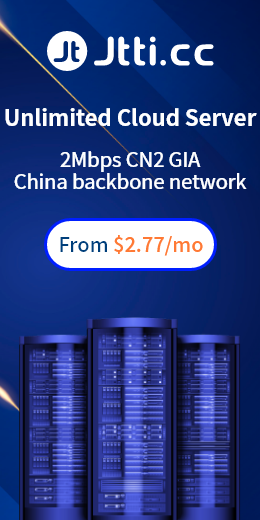Cloud computing and quantum computing are two important development directions in the current science and technology field. Both have unique specificity and potential. The combination of the two will also bring about significant technological progress and application innovation.
A quantum computing stack is a hierarchy that makes up a quantum computer, such as hardware, software, algorithms, and applications. It probably includes the following:
The quantum hardware layer. The realization technology of content bit, such as superconducting circuit, ion trap, photon, topological qubit, etc.
Quantum firmware layer. This is the low-level firmware used to control qubits, mainly dealing with quantum gate operations, quantum error correction, and so on.
Quantum operating system layer. It is mainly used to manage quantum computing resources and schedule quantum computing tasks.
Quantum programming languages and compiler layers. It is a compiler for developing quantum algorithms and programming languages, such as Qiskit, Cirq, Q#, etc.
The quantum algorithm layer. There are quantum algorithms and quantum simulations, such as Shor algorithm, Grover algorithm and so on.
Quantum application layer. Quantum applications for specific problems, such as quantum chemistry, quantum machine learning, quantum optimization, etc.
The relationship between cloud computing and quantum computing is mainly that cloud computing provides important infrastructure support for quantum computing, and the relationship between the two mainly reflects the following points.
Resource sharing and accessibility between quantum computing and cloud computing, the resources of quantum computers are scarce and expensive. Using the cloud computing platform, resources can be easily shared, so that more users can access quantum computing capabilities. In addition, cloud computing also provides flexible resource management and scheduling mechanisms, which can efficiently use quantum computing resources.
Quantum computing and cloud computing are integrated and complementary. The cloud computing platform can integrate classical computing and quantum computing, providing hybrid computing power. Classical computing can be used for pre-processing and post-processing, while quantum computing can be used to solve specific puzzles, such as quantum optimization and quantum simulation.
The cloud computing platform provides a development and strategy quantum algorithm environment, and users can write, test and run quantum programs in the cloud. Quantum simulators and simulators can also run in the cloud, allowing users to validate algorithms without actual quantum hardware.
In the future, cloud computing and quantum computing will bring more technological innovations. Such as quantum computing as a service, with the development of quantum computing technology, quantum computing as a service has become a new service model. Users access and use quantum computing resources through the cloud platform, without the need to have an actual quantum computer.
In the future, quantum computing and cloud computing will be further combined to provide more powerful computing capabilities to solve difficult problems existing in classical computing, such as complex optimization problems, large-scale data analysis, and drug design.
The combination of quantum computing and quantum communication may bring about the development of quantum Internet, quantum households will achieve ultra-secure quantum communication and distributed quantum computing, and cloud computing platforms will use technologies such as quantum key distribution to provide cloud services with higher security levels.
With the maturity of quantum computing technology, the quantum cloud ecosystem can gradually form, including sub-hardware suppliers, quantum software developers, cloud service providers and a variety of quantum application development technicians. The open quantum cloud platform can promote the innovation and application of quantum computing technology and promote more cross-field cooperation.
Taken together, quantum computing and cloud computing are complementary technologies, cloud computing provides an important infrastructure and platform, and quantum computing brings new computing capabilities and application prospects for cloud computing. The combination of the two will also have a profound impact in the future, promoting the development of science and technology and industry, and solving more complex problems!

 EN
EN
 CN
CN









